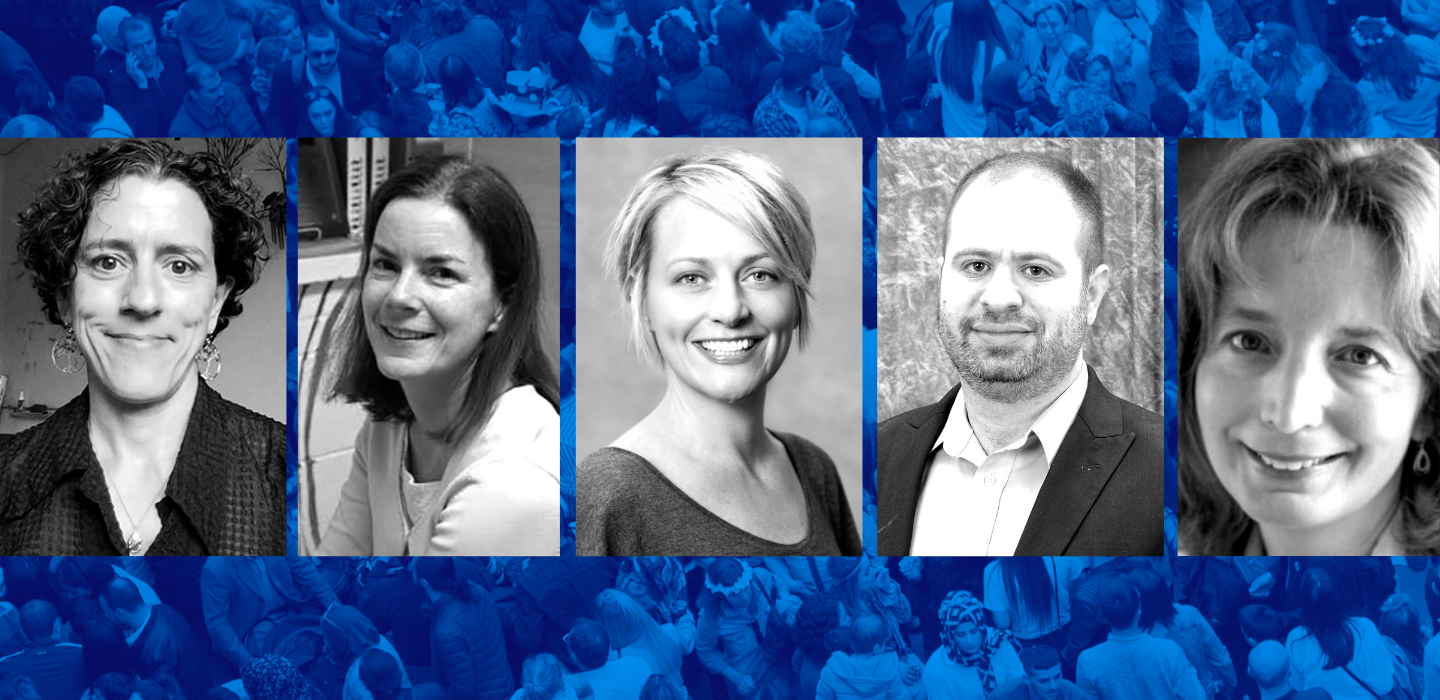
Subscribe to Pittwire Today
Get the most interesting and important stories from the University of Pittsburgh.The Office of Health Sciences Diversity, Equity and Inclusion (HSDEI) at the University of Pittsburgh has launched a fellowship program to support faculty who are committed to social justice and equity in their work.
The inaugural Social Justice Faculty Fellowship is one of several initiatives at Pitt seeking to address structural racism and inequity. The effort is in response to calls for change, as well as a challenge from Chancellor Patrick Gallagher for units to focus on transformations within the University as well as the surrounding communities.
The program also reflects a vision from Anantha Shekhar, senior vice chancellor for the health sciences and John and Gertrude Petersen Dean of the School of Medicine, for activism that conjoins a “culture of health” and “empowerment activism” through a collaborative and interdisciplinary academic health sciences framework.
Noble A-W Maseru, director of social justice, racial equity and faculty engagement for HSDEI and professor of public health practice, leads the program.
“The fellowships aren’t only addressing issues around institutional racism; the fellows are focusing on inequity period, which encompasses vulnerable populations that are underserved,” said Maseru. “These projects propose interventions for advancing health equity.”
Fellows receive a $10,000 award, funded jointly by their respective schools and community partnerships, and are paired with a community organization for a 11-month project that addresses structural inequity and racism. The fellows will engage in experiential learning opportunities centered on social justice issues related to health and well-being.
The inaugural Social Justice Faculty Fellows are:
- Jennifer J. Adibi, School of Public Health: Adibi, The Pittsburgh Study and Healthy Start will codesign a project that will lead to an actionable vision of what health equity in pregnancy can look like.
- Sharon E. Connor, School of Pharmacy: Connor will continue to work with the Birmingham Free Clinic to help students recognize the social determinants of health and to translate them into practice in the hope that this will aid them in becoming advocates for and leaders in the elimination of health disparities.
- Jennifer S. White, School of Health and Rehabilitation Sciences: White and the Black Equity Coalition will develop an innovative digital toolkit for federally qualified health centers to use as a platform to display their organization’s profile and details of their advocacy. The focus will be on resources and advocacy that address safe and affordable housing, transportation, education, jobs, income equity, healthy foods and physical activity opportunities.
- Daniel Wilkenfeld, School of Nursing: The Wilkenfeld, Autism Connection of Pennsylvania and Achieva Early Intervention partnership will focus on early screening and detection of autism in Black children. The project will enable providers in community settings to work with parents and children in facilitating proper diagnosis and treatment and better understand how to navigate the paperwork necessary to receive early therapeutic treatment.
- Katherine Williams, School of Medicine: Williams and UPMC Horizon-Shenango Valley will work to empower rural community residents to advocate for COVID-19 vaccine administration.
“We hope the fellows will get an understanding of the institutional practices that cause inequities,” said Maseru, “and learn how to disentangle and eliminate policies that perpetuate these inequities.”
The community partnership element will help provide action items that will directly address community needs. About her project with UPMC Horizon-Shenango Valley, Williams said, “Input from the personal experiences of community members and health workers will be invaluable in developing COVID-19 messaging and motivation strategies.”
[This dashboard tracks Pitt’s progress on diversity and inclusion initiatives.]
Fellows will be able to share their knowledge with the University and broader community, too.
“The fellowship provides our team the opportunity to engage future generations of health professionals in a conversation about the structures that contribute to health disparities,” said Connor.
Orientation for the fellows and their community sponsors included the first of the fellowship year’s monthly seminars, which included Makani N. Themba’s presentation, “The Power is Prevention.” Themba, chief strategist at Higher Ground Change Strategies in Jackson, Mississippi, is a social justice innovator and pioneer in the field of change communications and narrative strategy.
In addition to monthly seminars, fellows will have mentors in their community partners and from the health sciences and will give culminating presentations in both settings.
Pictured above from left to right: Jennifer Adibi, Sharon Connor, Jennifer White, Daniel Wilkenfeld and Katherine Williams
— Maureen Passmore


